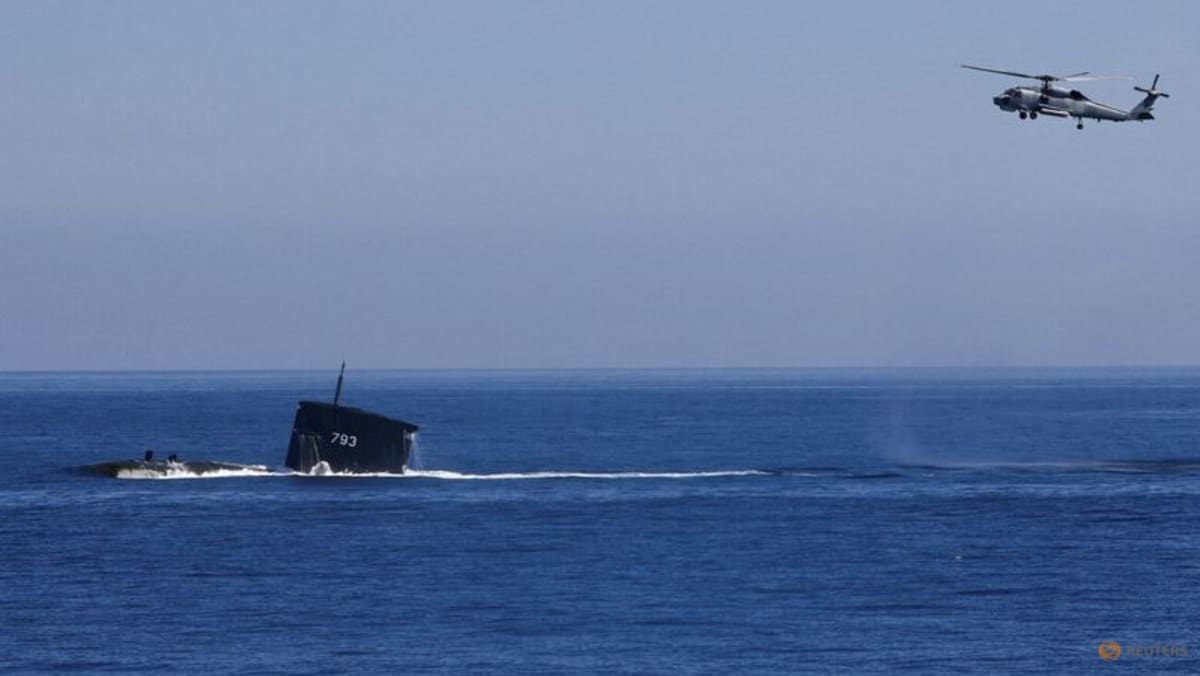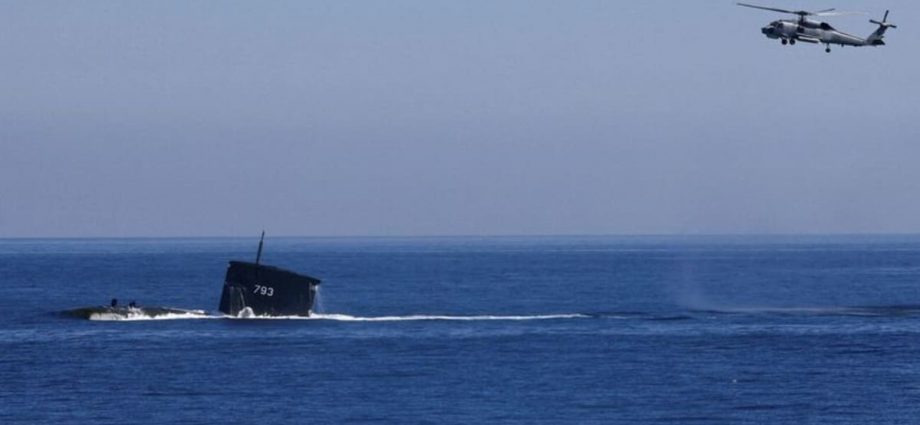
LONDON: Britain approved a sharp increase in exports of submarine parts and technology last year to Taiwan as it upgrades its naval forces, a move that could impact British ties with China.
The value of licences granted by the British government to companies for the export of submarine-related components and technology to Taiwan totalled a record £167 million (US$201.29 million) during the first nine months of last year, according to UK government export licensing data. That is more than the previous six years combined, a Reuters analysis of the data showed.
The data is publicly accessible but the most recent Taiwan-related figures haven’t previously been reported.
Beijing considers Taiwan part of China, known as the One-China policy, and strongly objects to perceived foreign interference with the island believing it to be support for Taiwan’s desire to be recognised as its own country.
When presented with the figures by Reuters, China’s foreign ministry said in a statement: “If this is true, it is a serious violation of the one-China principle, undermines China’s sovereignty and security interests, and undermines peace and stability in the Taiwan Strait.”
“China is highly concerned about this and firmly opposes it,” said the written statement, which urged Britain to “refrain from providing military support to the Taiwan authorities”.
Britain does not recognise Taiwan and has no formal diplomatic relations with the island but it maintains economic and trade ties and there is a de facto British embassy in Taipei.
A British government spokesperson said in a statement the UK has a long record of “granting licences for exports of controlled goods to Taiwan, on a case-by-case basis, where those applications are consistent with the rules that regulate the exports of arms and dual-use products”.
“We consider the Taiwan issue one to be settled peacefully by the people on both sides of the Taiwan Strait through constructive dialogue, without the threat or use of force or coercion,” the statement added.
The increase in licences granted reflects greater demand from Taiwan, two government officials said on condition of anonymity due to the sensitivity of the issue.
Two lawmakers with knowledge of the exports and two former officials said the approvals reflected Britain’s increased willingness to support Taiwan. One of the lawmakers, who also spoke on the condition of anonymity, said authorising the export licences amounted to giving a “green light” to better equip Taiwan.
The data is from the Export Control Organisation, which is responsible for export licensing and sits within the UK Department for International Trade. It shows the government authorised 25 export licences to Taiwan during the first nine months of 2022 under the categories “components for submarines” and “technology for submarines”.
The data doesn’t disclose which companies received the authorisation or detail what specific equipment it covers.
One licence type, called ML9, covers “vessels of war, special naval equipment, accessories, components, and other surface vessels,” according to Britain’s list of strategic military items that require export authorisation. Another license type, ML22, includes technology that is required for the development, production, operation, installation, maintenance, repair or goods or software.
The British government on Monday announced a boost to defence spending as it unveiled an update to its defence, security and foreign policy priorities, setting out how it plans to “tackle new threats” from China and Russia.
British Prime Minister Rishi Sunak, in a foreword to the policy document, specifically identified China’s more aggressive stance in the South China Sea and the Taiwan Strait as among issues “threatening to create a world defined by danger, disorder and division – and an international order more favourable to authoritarianism.”

